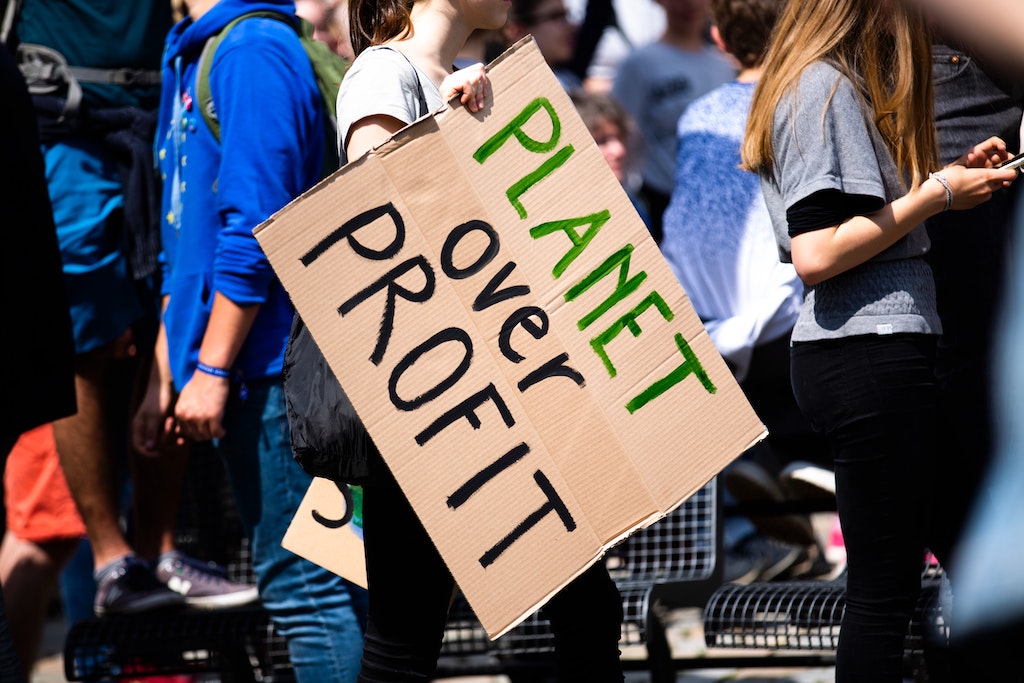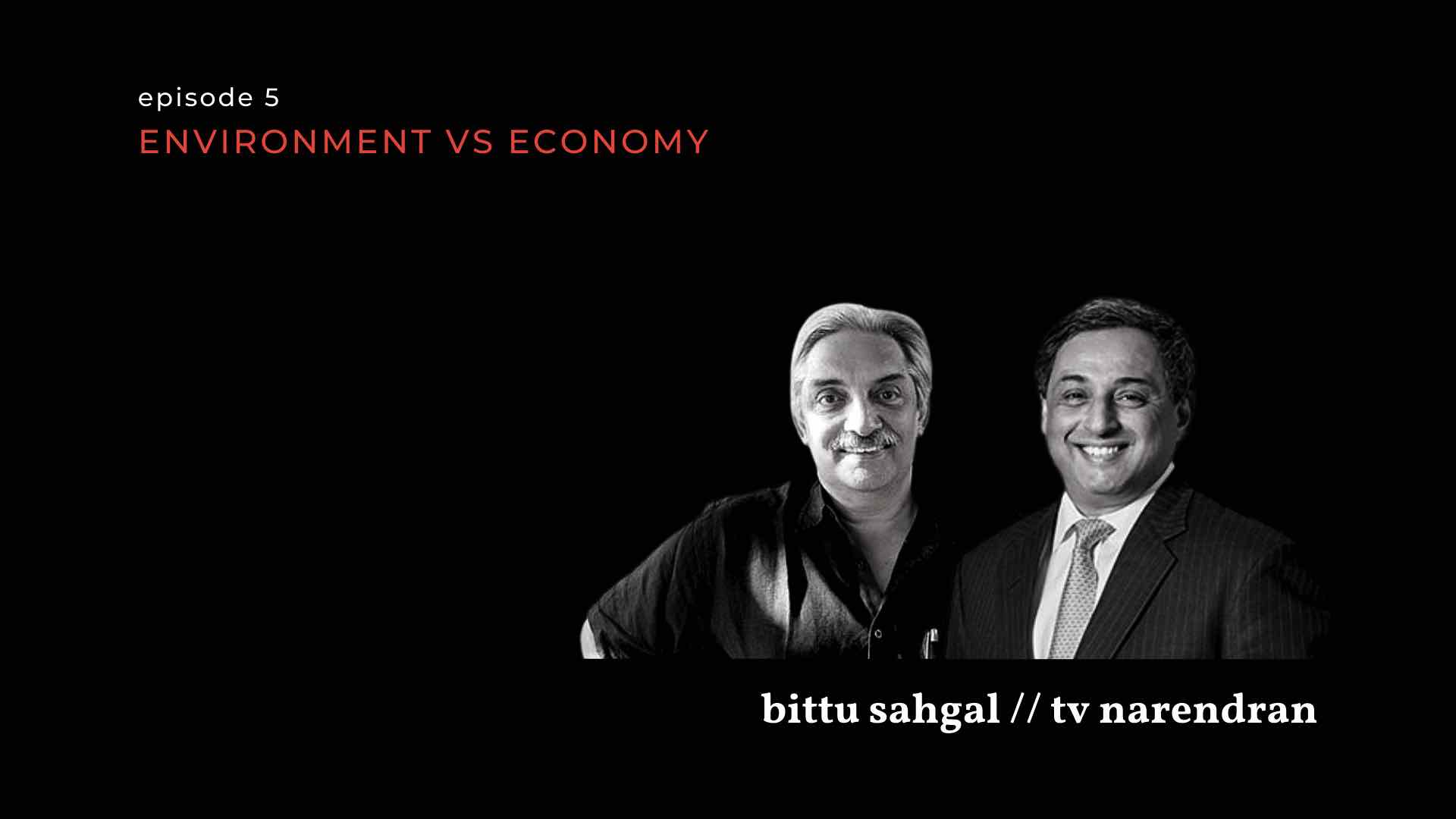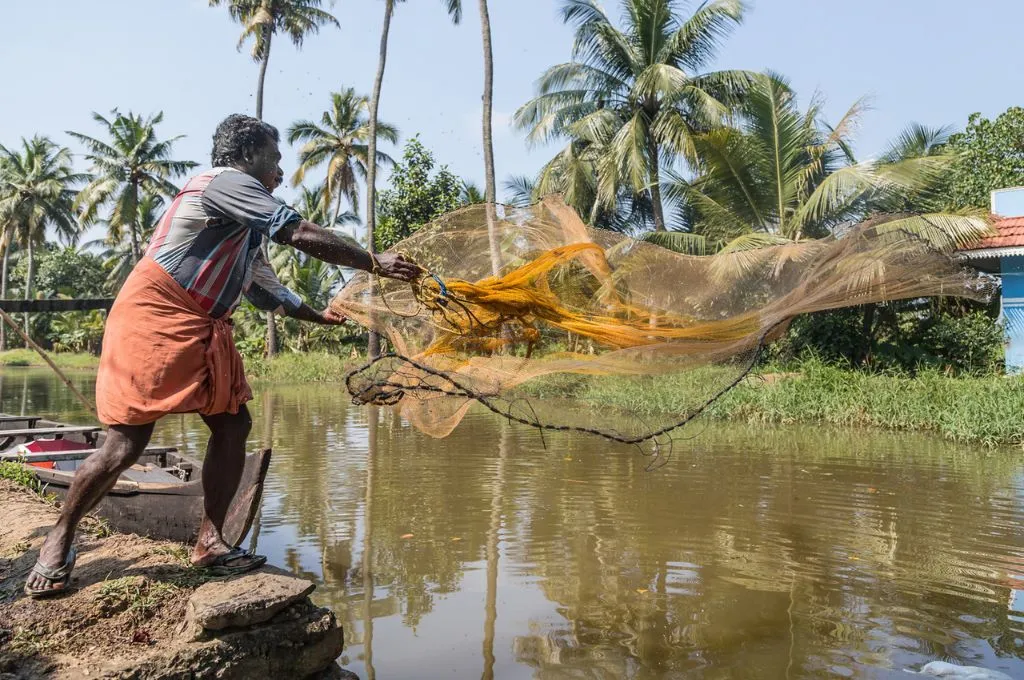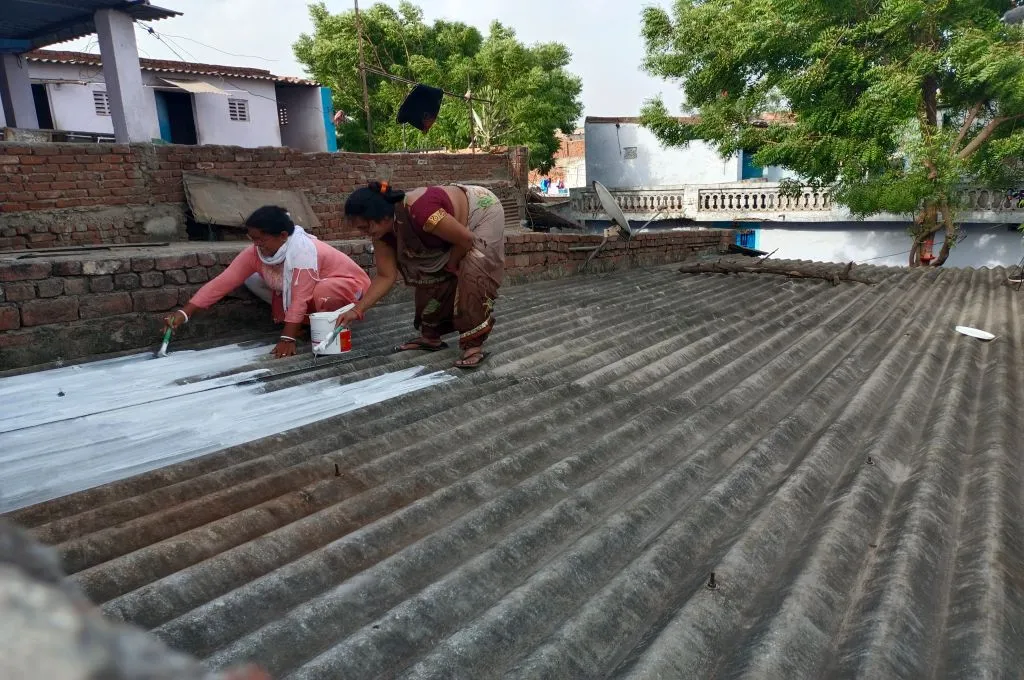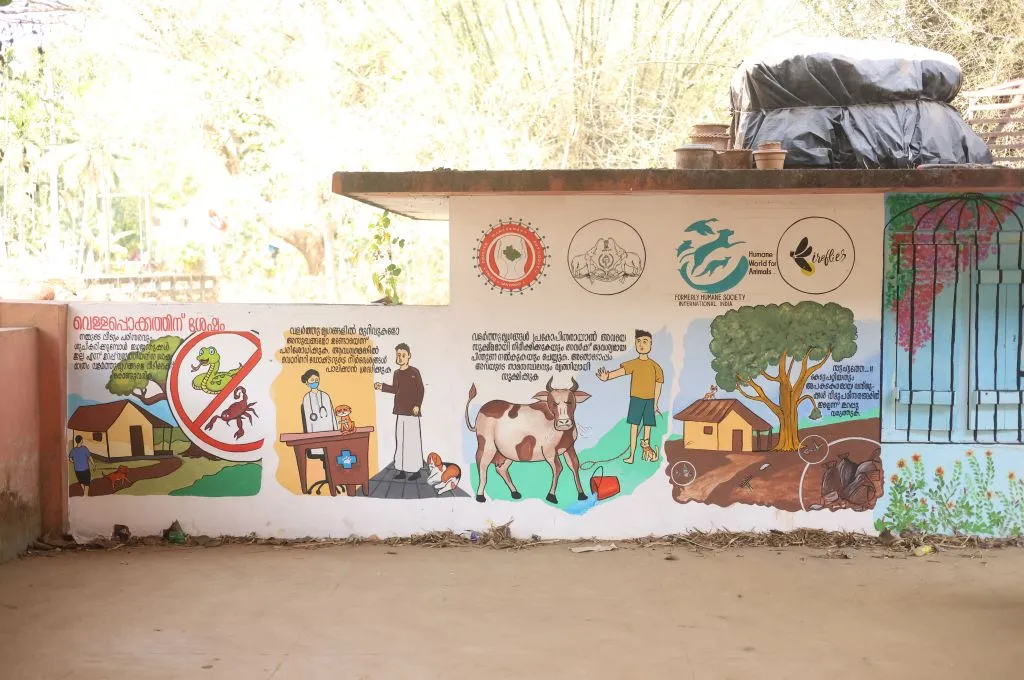Nitin Desai was the senior adviser and key draftsman for Our Common Future, the landmark report of the Brundtland Commission on environment and development by the United Nations. He has also been an integral part of the Rio Earth Summit, the Commission on Sustainable Development, and the Johannesburg Summit. Nitin was a key member of India’s Planning Commission, and he continues to be involved with environmental efforts and organisations in various capacities.
Ulka Kelkar is the director of the climate programme at World Resources Institute India (WRI India). Prior to her time at WRI India, Ulka worked as a research fellow with The Energy and Resources Institute (TERI) and Ashoka Trust for Research in Ecology and the Environment (ATREE). Ulka has conducted field research in seven Indian states to assess how rural communities can adapt to climate change, and has devised business models for low-cost climate-resilient housing in disaster-prone regions of Bangladesh and Nepal.
Edited excerpts from the episode:
Ulka Kelkar
“We cannot assume that renewable energy is benign, we cannot assume that all climate actions are going to be good in every respect. So we’ll have to go back to the roots of India’s decentralised decision-making and participatory processes under the 73rd and 74th Amendment of the Constitution, and really empower those, and as I mentioned, make it possible even for local governance agencies to do that decision-making in a way that marries the ecological considerations with the developmental considerations.”
Nitin Desai
“We cannot wait for communities to react after the event happens. We need them to start doing things in advance. And this is why you need this science, you need this forward-looking thinking. Because today we are asking people to take action on climate decades before the effects will be seen. Communities are important when it is the communities that will cope. But we have been made aware of the fact that 20–30 years from now, such events—like floods—are likely to happen, which is very different from what it is now. So do not go to the extreme of saying, leave it to communities to adjust. We can’t wait because communities are good at adjusting when things happen. They cannot necessarily anticipate what’s likely to happen. So I would say that the greatest contribution of science has been raising this awareness and getting governments to at least take action 40–50 years before something is likely to happen.
And this is why we need science to provide that framework—not necessarily all the answers because we don’t know the answers.”
Ulka Kelkar
“We could build systems dynamics models that look at the energy and economy aspects in the same model, so that you could actually tell that low carbon mitigation actions could have positive effects on the GDP or create new jobs or improve health. All of these things could be studied within the same model. The second trend is researchers who are doing transdisciplinary research. That is, when at the problem phase itself just deciding which question to even study, you involve the affected community and don’t presume to even know the question, let alone the way to explore the answer. But I think researchers or experts need to also find a way to demystify climate change and to avoid using jargon when it is not required. I think we need much more regional media coverage and regional languages, which, for example, happened during this latest IPCC report launch.”
Nitin Desai
“You can’t separate environmental management from poverty and livelihoods. And you will not be able to protect our environment if you are not addressing issues of people’s living, or people’s poverty or people’s deprivation. Equally, you cannot address that problem unless you address land, water conservation, and issues of that nature.
The answer is to combine this biodiversity, ecosystem protection, wildlife protection with forest water in soil conservation, and so on. I would urge that it be placed in a broader context. This is where your system approach becomes important. That is, don’t just look at it as a problem of climate change. It should be located in a much broader context.”
—
Read more
- IPCC climate change report: What does it mean for India?
- What will it take to prioritise climate change?
- What is COP26 in Glasgow and why does the climate change summit matter?
- The health argument for climate action: COP26 special report on climate change and health
- How to make climate action popular
- Climate change, disasters, and what philanthropy can do
- IDR Interviews | Dr Vandana Shiva
- Humanity’s greatest ally against climate change is Earth itself
- P Sainath: The water crisis is not caused by drought
- Can solar power initiatives provide sustainable self-employment?
- COVID-19 has exacerbated climate concerns
- Ecology is economy
- Economic growth vs climate security: We can have it all
- The environmental movement has made a few mistakes
- Unpacking COP 26 with Ulka Kelkar
